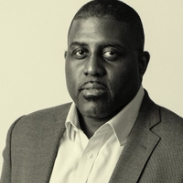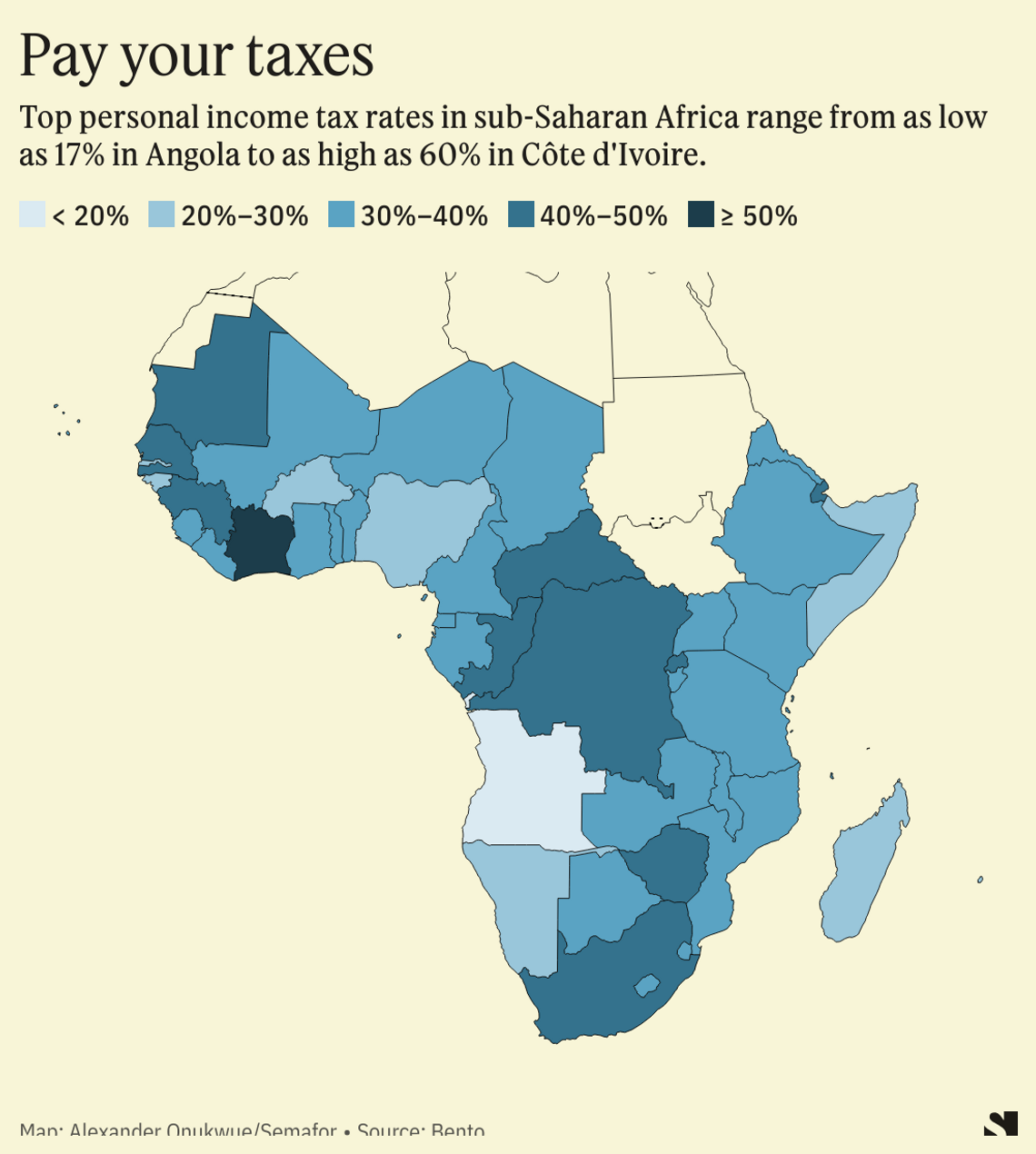 Reuters/Molly Darlington Reuters/Molly DarlingtonTHE NEWS Africa’s leading TV streaming player Showmax is being overhauled with investment by U.S. cable giant Comcast to take on Netflix, which has been growing rapidly on the continent with more subscribers and a string of exclusive content deals. The revamp of Showmax is aimed at boosting its monetization, while also helping its parent MultiChoice maintain its control of lucrative sports broadcasting rights in Africa should the likes of Apple and Amazon come after them, according to an executive at Sky which is owned by Comcast. “I don’t see Showmax just as a growth opportunity; it’s also an opportunity to build resilience,” said Andrea Zappia, Sky CEO for new markets and businesses. He joined the MultiChoice board in August, four months after Showmax sealed a partnership with NBCUniversal and Sky that will see NBCUniversal own a 30% stake in the revamped Showmax platform dubbed Showmax 2.0. Both NBCUniversal and Sky are owned by Comcast. Zappia said that boosting the Showmax platform would strengthen MultiChoice’s hand by enabling a competitive live-streaming option as has been seen with NBC’s Peacock in the U.S. and Sky in the UK. KNOW MORE The partnership with NBCUniversal and Sky will deliver access to a huge library of shows and an advanced technology platform by migrating Showmax to Peacock NBCUniversal’s streaming service. Showmax, which currently offers a range of live sports programming supported by MultiChoice-owned sports channel SuperSport, will also cut its sports offering almost entirely. Only the Premier League will be retained in what MultiChoice is calling Showmax 2.0. This month it began shuttering its premium streaming service, Showmax Pro, as it prepares to launch a new version of the platform. MARTIN’S VIEW As of 2021, Netflix had an estimated 2.61 million subscribers on the continent while Showmax, which is present in 50 African markets, had 861,000. Its offering of the Premier League has also been a big draw for subscribers. Maintaining its hold on the rights will be key to MultiChoice’s future success. The addition of premium international content from global partners including NBCUniversal and Sky will make Showmax even more attractive to consumers. It will however find it extremely difficult to surpass Netflix, which remains the go-to platform for many Africans looking to sign up for a streaming service. Michael Markovitz, head of the GIBS Media Leadership think tank in Pretoria, South Africa, told Variety that the partnership with NBCUniversal would enable Showmax to give Netflix a run for their money. “Relaunching Showmax with NBCUniversal’s technology platform Peacock and premium content from both NBCUniversal and Sky will reduce MultiChoice’s content and technology costs and give them a stronger hand when competing with global subscription streamers like Netflix, Amazon Prime, Disney+ and HBO,” he stated. But streaming services globally are under pressure to achieve profitability in their home markets after years of unfettered investment and huge losses, as companies scrambled to gain a foothold in the streaming market. Zappia also acknowledged this, stating that Showmax would have time to strengthen the service as their competitors were focused on their biggest markets. “They’re rarely irrational,” he said. “They’re very well-run businesses.” Read more for Room for Disagreement and a View from London | 









